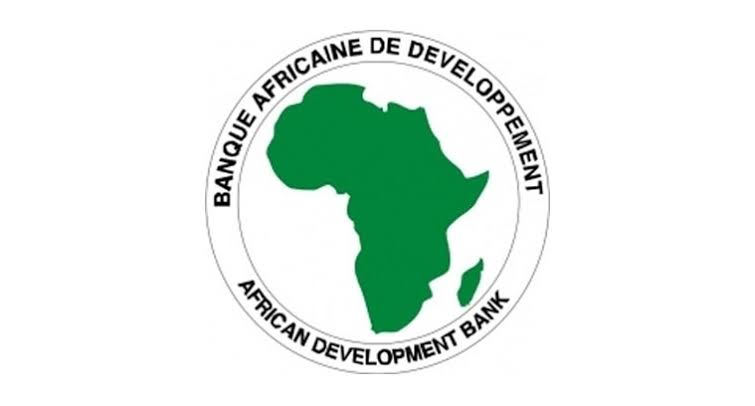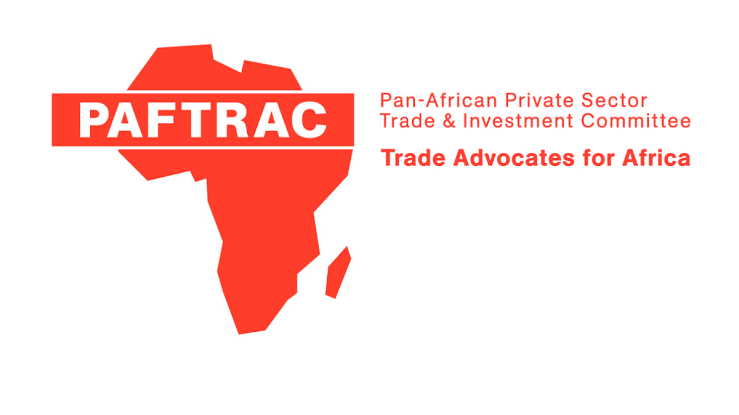Africa is set to outperform the rest of the world in economic growth over the next two years, with real gross domestic product (GDP) averaging around 4% in 2023 and 2024.
This is higher than projected global averages of 2.7% and 3.2%, the African Development Bank Group said in Africa’s Macroeconomic Performance and Outlook report for the region, released in Abidjan on Thursday.
With a comprehensive regional growth analysis, the report shows that all the continent’s five regions remain resilient with a steady outlook for the medium-term, despite facing significant headwinds due to global socio-economic shocks. It also identified potential risks and called for robust monetary and fiscal measures, backed by structural policies, to address them.
The Macroeconomic Performance and Outlook report will be released in the first and third quarters of each year. It complements the bank’s existing annual African Economic Outlook report, which focuses on key emerging policy themes relevant to the continent’s development.
The report shows that estimated average growth of real GDP in Africa slowed to 3.8% in 2022, from 4.8% in 2021 amid significant challenges following the Covid-19 shock and Russia’s invasion of Ukraine. Despite the economic slowdown, 53 of Africa’s 54 countries posted positive growth. All the five regions of the continent remain resilient with a steady outlook for the medium-term.
However, the report sends a cautionary note on the outlook following current global and regional risks. These risks including soaring food and energy prices, tightening global financial conditions, and the associated increase in domestic debt service costs. Climate change—with its damaging impact on domestic food supply and the potential risk of policy reversal in countries holding elections in 2023—pose equally challenging threats.
The report advocates bold policy actions at national, regional, and global scales to help African economies mitigate the compounding risks.
In remarks during the launch, African Development Bank Group President Dr. Akinwumi Adesina said the release of the new report came at a time when African economies, faced with significant headwinds, were proving their resilience.
“With 54 countries at different stages of growth, different economic structures, and diverse resource endowments, the pass-through effects of global shocks always differ by region and by country. Slowing global demand, tighter financial conditions, and disrupted supply chains therefore had differentiated impacts on African economies,” he said. “Despite the confluence of multiple shocks, growth across all five African regions was positive in 2022—and the outlook for 2023–24 is projected to be stable.”
Niale Kaba, Minister of Planning and Development of Côte d’Ivoire, said: “The release of this report by our bank, the African Development Bank Group, at this time of the year is an excellent opportunity for Africa and its global partners. We need these regular updates to assess our countries’ macroeconomic performance and prospects. This reliable information will help decision-making and risk management for potential investors in Africa.”
Africa’s pre-Covid-19 top five performing economies are projected to grow by more than 5.5% on average in 2023-2024 and to reclaim their position among the world’s 10 fastest-growing economies. These countries are Rwanda (7.9%), Côte d’Ivoire (7.1%), Benin (6.4%), Ethiopia (6.0%), and Tanzania (5.6%).
Other African countries are projected to grow by more than 5.5% in the 2023-24 period. They are the Democratic Republic of Congo (6.8%), The Gambia (6.4%), Mozambique (6.5%), Niger (9.6%), Senegal (9.4%), and Togo (6.3%).
At the launch, economist Jeffrey Sachs, Director of the Center for Sustainable Development at Columbia University commended the report which he said showed that African economies are growing and growing consistently.
Sachs, who is also United Nations Secretary-General Antonio Guterres’ Advocate for Sustainable Development Goals, said: “Africa can and will rise to growth of 7 percent or more per year consistently in the coming decades. What we’ll see, building on the resiliency we see in this report, is a real acceleration of Africa’s sustainable development so that Africa will be the fast-growing part of the world economy. Africa is the place to invest.”
Bold policy actions to help African economies mitigate the compounding risks
The report advocates robust measures to address the risk. These include a mix of monetary, fiscal, and structural policies including:
- Timely and aggressive monetary policy tightening in countries with acute inflation, and cautious policy tightening in countries where inflationary pressures are low. Coordination with fiscal policy will further strengthen the levers to ease inflationary pressures.
- Enhancing resilience by boosting intra-Africa trade, especially in manufacturing products to cushion economies from volatile commodity prices.
- Accelerating structural reforms to build tax administration capacity and investments in digitalization and e-governance to enhance transparency, reduce illicit financial flows, and scale up domestic resource mobilization.
- Improving institutional governance and enacting policies that can leverage the private sector financing especially in climate-proof and pandemic-proof greenfield projects—and mobilizing Africa’s resources for inclusive and sustainable development.
- Taking decisive action to reduce structural budget deficits and the accumulation of public debt in countries facing a high risk of debt distress or already in debt distress.
Overview of economic outlook across regions
Despite the confluence of multiple shocks, growth across all five African regions was positive in 2022—and the outlook for 2023–24 is projected to be stable.
- Central Africa –Bolstered by favorable commodity prices, growth is estimated to have been the continent’s fastest at 4.7%, up from 3.6% in 2021.
- Southern Africa –Growth decelerated the most, to about 2.5% in 2022 from 4.3% in 2021. This slowdown reflects subdued growth in South Africa, as higher interest rates, weak domestic demand, and persistent power outages weighed on the economy.
- West Africa –Growth is estimated to have slowed to 3.6% in 2022 from 4.4% in 2021. This reflects decelerations in Côte d’Ivoire and Nigeria, the region’s two largest economies. Nigeria’s growth in 2023—though hit by Covid-19, insecurity, and weak oil production despite higher international oil prices—could benefit from ongoing efforts to restore security in the restive oil-producing region.
- North Africa –Growth is estimated to have declined by 1.1 percentage points to 4.3% in 2022 from 5.4% in 2021 because of sharp contraction in Libya and the drought in Morocco. Growth is projected to stabilize at 4.3% in 2023, supported by an expected strong rebound in the two countries and sustained growth elsewhere in the region.
- East Africa –Growth is estimated to have moderated to 4.2% in 2022 from 5.1% in 2021. However, it is projected to recover to the pre-pandemic average above 5.0% in 2023 and 2024. While the production structure in East Africa is relatively diversified, countries in the region are largely net importers of commodities. They thus bear the brunt of high international prices in addition to recurrent climate shocks and insecurity, particularly in the Horn of Africa.
In his presentation, African Development Bank Acting Chief Economist and Vice President Kevin Urama observed that Africa is still a favorable destination for investments in human capital, infrastructure, private sector development, and natural capital.
Urama said: “Africa has a significant role to play in driving inclusive growth and sustainable development globally. There are many smart investment opportunities in key sectors: agriculture, energy markets, minerals, health infrastructure and pharmaceutical industries, light manufacturing, transport and logistics, digital economy and more. The continent remains a treasure trove for smart investors globally.”
For more information and to download the report, click here.









